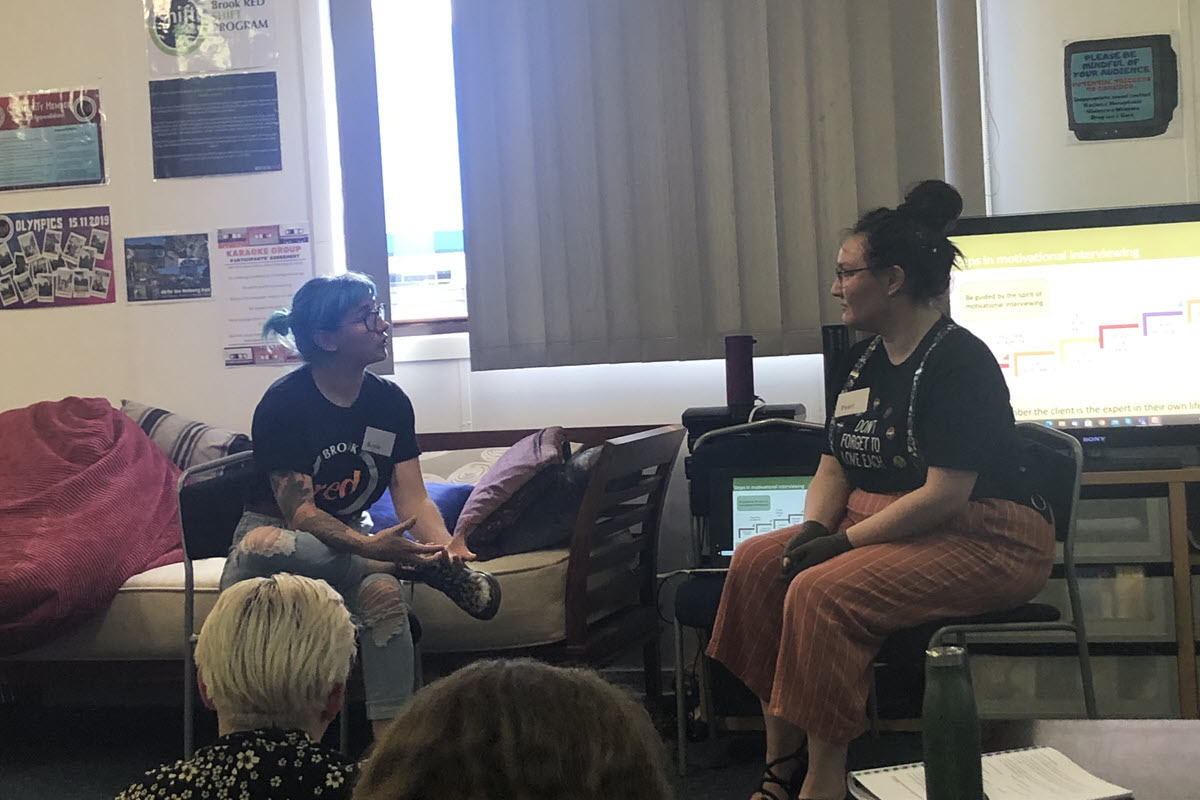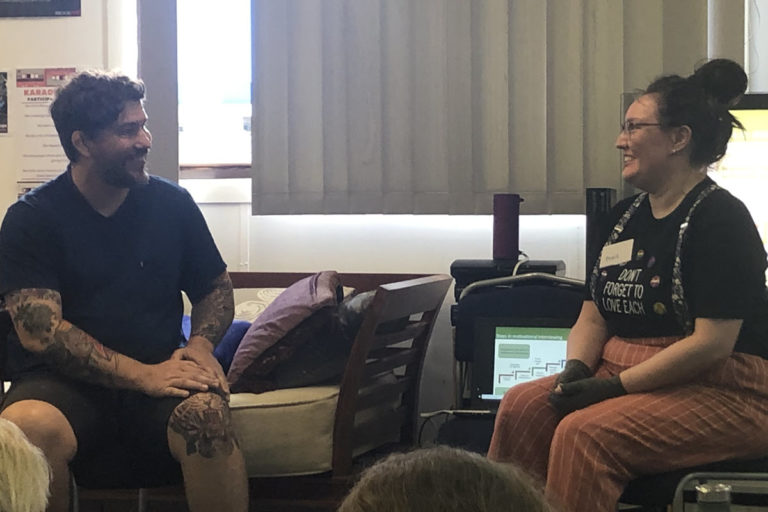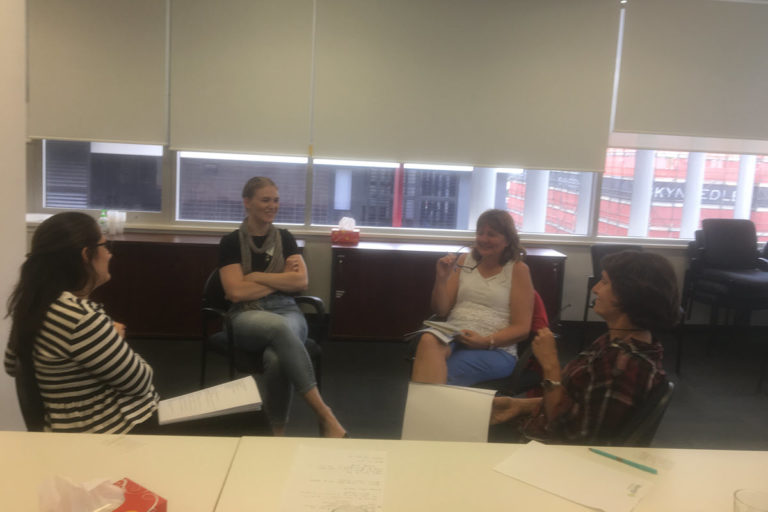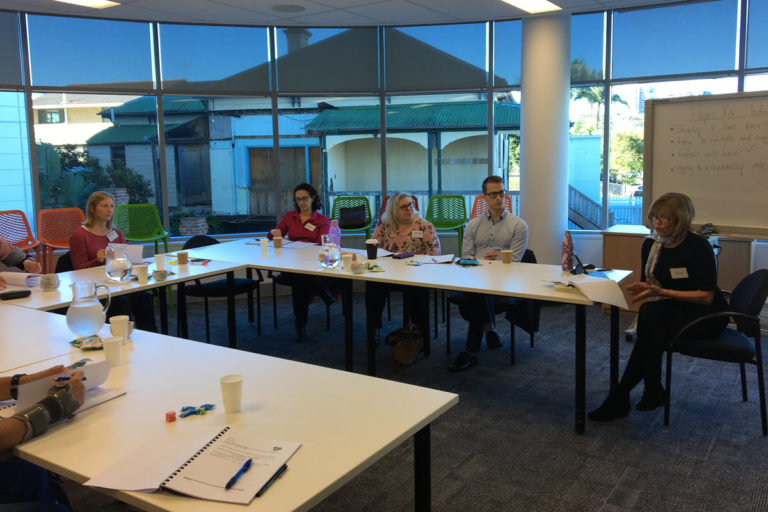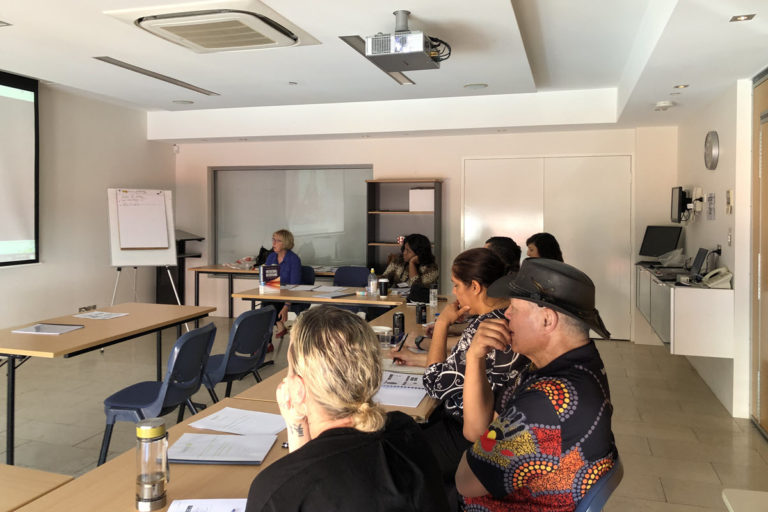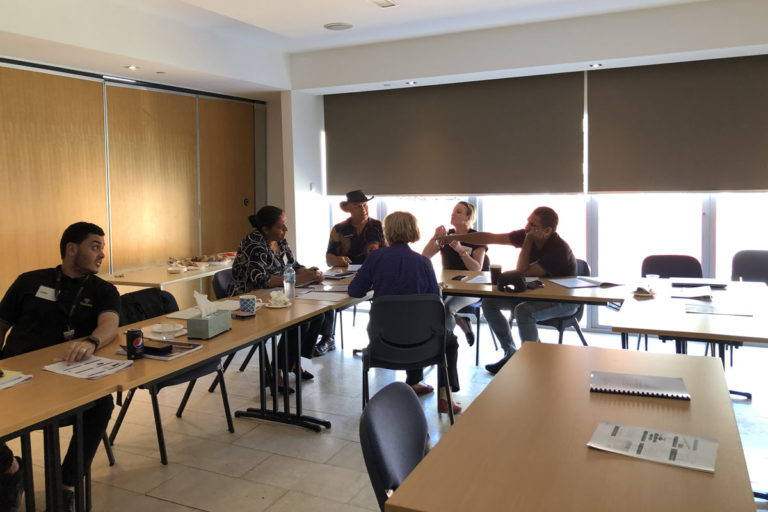Using Curious Questions in Motivational Interviewing
How often, in an attempt to ask an open ended question, have you received a closed response? Typically, asking someone “how was your day?” to hear a response of “good”. Asking instead a curious question such as “what did you do today?” or “what was the most interesting part of your day?” increases the possibility of discovering more about the person’s day:
When initiating and supporting behaviour change in others it is imperative that the clinician or helper fully understand the challenges a client faces in undertaking behaviour change. Using a curious approach with questions in motivational interviewing enables the clinician or helper to gain greater understanding of the client’s ambivalence or dilemma in terms of the behaviour change (Boness et al 2021, Figili & Caverni 2021). This provides the clinician or helper with a wealth of information about the costs and benefits of the behaviour from the client’s perspective. Being willing to accept the client’s position and discuss his/her perspective does not mean that the clinician or helper necessarily agrees with the behaviour: it does, however, indicate their desire to understand it, and this embodies the collaborative spirit of motivational interviewing.
When questioning in a curious manner there are a few tips to remember:
ASK questions using:
WHAT, WHERE, HOW, WHEN, WHO, WHAT IF, TELL ME MORE …?
Be interested, curious, and almost confused, or naive in your motivational interviewing approach. “I am not sure I really understand…”. What about the…?” “What do you mean by ‘not sure’…?” “What does ‘bitchy’ mean?”
Do not ask WHY?
Asking “why” can be perceived as challenging or provocative and generally does not demonstrate the collaborative nature of motivational interviewing. Also, in the case of the person who does not know “why,” this can lead to a level of frustration or loss of hope. In motivational interviewing the clinician or helper needs to think carefully about question construction to avoid asking “why”.
Do not give advice or instruction
If specific instruction or education is required as part of a motivational interviewing interaction this can be provided after the clinician or helper has asked for permission to share the information, and after he/she has fully understood the clients’ perspective through the use of curious exploration.
Do not share your own thoughts/experience
Clinician or helper self-disclosure is sometimes used to develop trust and rapport in helping relationships or to provide/reinforce an educational message. When using a motivational interviewing approach, however, the clinician or helper seeks solely to understand the client’s perspective and their expertise regarding the behaviour change and does not influence the process with the use of self-disclosure.
Do not use if there is a need to determine an issue of safety or risk
In this case, where a client is at risk or engaging in risk taking behaviours, the use of both closed and open questions is important.
Contact us to find out more about Motivational Interviewing and how we can assist your organisation to support and empower your staff.
References
Boness, C. L., Nelson, M., & Douaihy, A. (2021). Motivational Interviewing Strategies for Addressing COVID-19 Vaccine Hesitancy
Evans, J. & Brown, P. (2012). Videback’s Mental Health Nursing. Philadelphia: Lippincott, Williams & Wilkins.
Figlie, N. B., & Caverni, J. L. T. (2021). Motivational Interviewing in the Treatment of Substance Dependents: Clinical Fundamentals for Increased Adherence to Treatment. In Drugs and Human Behavior (pp. 261-274). Springer, Cham.
Miller, W. R., & Rollnick, S. (2013). Motivational Interviewing: Helping people change (3rd ed.). New York: Guilford Press.
Resnicow, K., & McMaster, F. (2012). Motivational interviewing: moving from why to how with autonomy support. International Journal of Behavioural Nutrition and Physical Activity, 9, 1-9.

